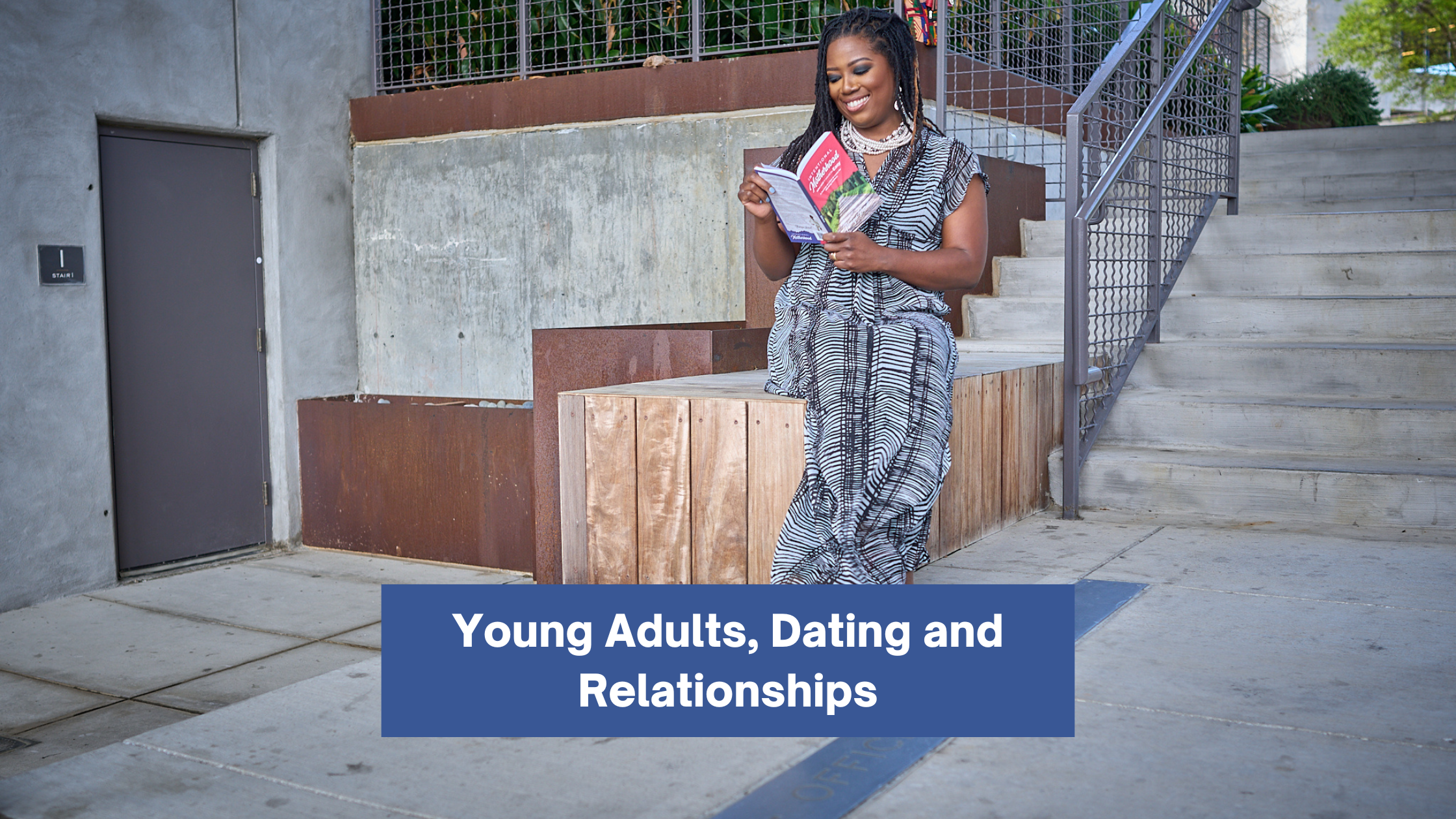
We need to educate young adults and teens on how important it is to be intentional in relationship choices so they can learn how to make healthy relationships work for them. It’s an important part of growing up and becoming a well-rounded human being who is capable of handling any situation life throws at them.
But let’s just be honest. As adults, many of us did not have these intentional conversations about dating, relationships, marriage and more with our parents. And that may have been okay because we learned through trial and error, media, and real experience that choosing a partner is one of the most important decisions a person can make. It’s right up there with choosing a major, buying a home and/or deciding when or if to have children.
Teens and young adults are often faced with difficult decisions. They’re trying to figure out how to balance school, friends, and sometimes work while still spending time with family and friends who they care about. And in a lot of cases, there’s no one-size-fits-all solution for helping them navigate these tricky waters because times have evolved.
That’s why it’s so important for us to educate young adults about healthy relationships—because if we don’t, they’ll just have to figure out the long way, or end up doing the same thing over and over again!
We don’t have to be experts, or to have had perfect situations either. By simply having repeated, intentional conversations, we empower them to be more mindful of their choices, decisions and outcomes.
Many young adults have been taught by society that being an adult means being independent and self-sufficient—but, independent and self-sufficient doesn’t mean letting go of all the people who love them. While some people are able to do this, many others find themselves struggling with depression or anxiety as a result of feeling trapped in their own homes because they can’t see themselves leaving anytime soon or feel trapped with their parents expectations of them.
They find it hard to open up and share with their parents or caregivers. But if we are keeping it real, a lot of adults find it difficult to talk about their childhood. Maybe you do too. Maybe it is because of the emotional baggage brought into adulthood with unresolved issues that you might be afraid of hurting other people by sharing them.
But what if there was a way to help young adults and teens of this generation work through these issues? What if there was a way that they could move forward? To open up to their parents.
Take note. This is very important to building rapport with your children and helping them to better understand dating and relationships.
One way to really get at what matters most is a parent’s ability to listen. For example, if your teen confides in you about a problem he’s having with another student at school, don’t brush him off with advice on how he should handle it. Instead, ask him how he feels about how things went down. Ask him what steps he thinks would help him resolve the situation. And then listen carefully as he shares his thoughts and feelings about the situation. This kind of active listening makes your teen feel heard and understood, which helps him to feel safe enough to share more about his thoughts and feelings. In turn, this allows you both to develop a deeper understanding of each other—and can even help him come up with ideas on how to deal with the problem he’s facing.
The key here is to listen with an open mind. Your teen may be at a loss for how to handle the situation, and your opinion on it will only shut him down if you jump in too quickly. Instead, ask him questions that help him think through his options: “How do you feel about this?” Or, “What would make this better?”
This type of active listening is an important part of a parent’s role in a teen’s life.
It helps your teen know that he can trust you and feel heard by someone who cares about him. And when that happens, it sends a powerful message that you’re willing to be there for him—no matter what.
Parents, especially mothers like me, want to be intentional for our children. We want the best for them. We want to pave the way for them. We want to create a less troublesome path so that they will not experience the unnecessary challenges we experienced in earlier years. Be the parent you would have wanted to have when you are younger. Someone who listens, someone who understands, and someone who cares. You can be that person for your child. Listen to him, understand him, and care about him.
Would you like to learn more about Clear Communication Solutions? Visit the media page, or if you’d like to book a consult for private coaching, contact me today.
